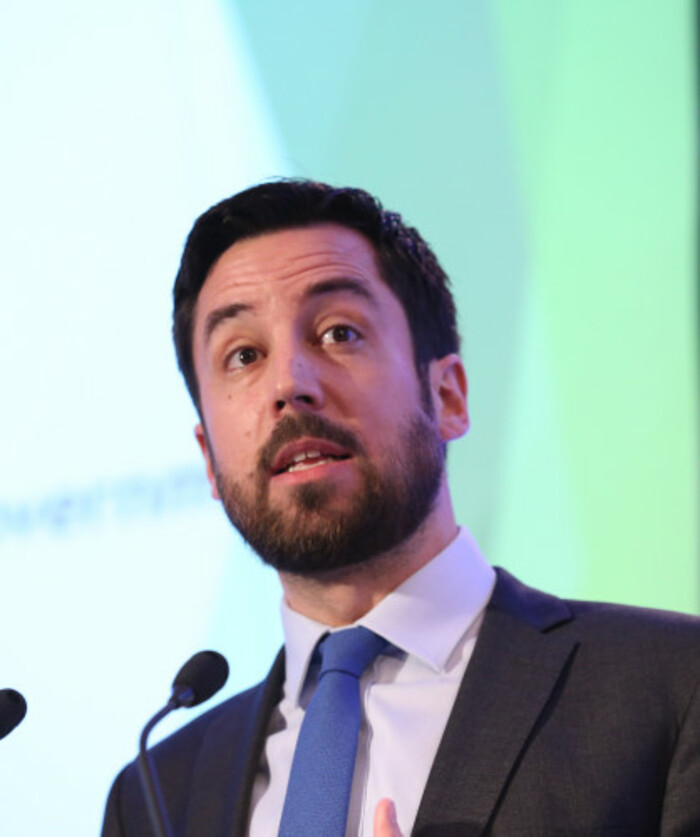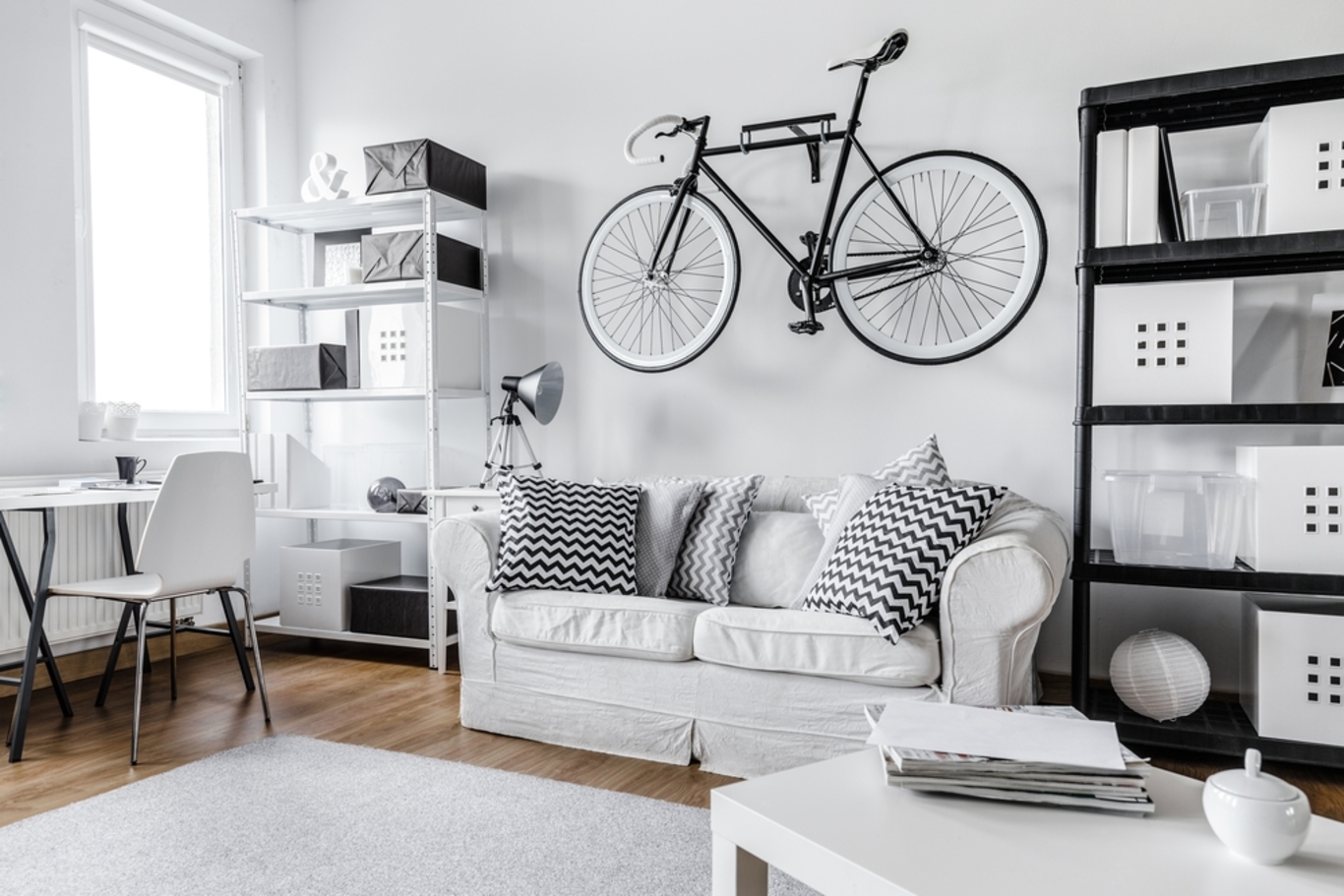Ireland's mooted Airbnb 'licensing' scheme would only be rolled out in Dublin
Potential regulation of the home-sharing sector is expected in the coming weeks.
A FUTURE LICENSING system for Airbnb properties would likely only be rolled out in Dublin.
Minister for Housing Eoghan Murphy is due to publish a report by a departmental working group, tasked with reviewing if new regulations should be introduced for lettings websites such as Airbnb, in the coming weeks.
Regulations on home-sharing platforms similar to those imposed in other countries are being considered if the report finds that short-term lets are making the housing and homelessness crisis worse.
Such a move would mirror that made in several major cities, which have clamped down on the unrestricted use of AirBnb.
Hosts in Berlin are only permitted to rent out their property for 50% of the year, while Amsterdam imposed a limit of 60 nights a year.
However, sources state that if the government goes down the route of a licensing scheme, it is likely to only impact Dublin and surrounding areas.
Regulations of short-term lets, such as those offered by Airbnb, would vary from region to region, meaning that there would be no blanket set of rules implemented nationwide.
Permit scheme costs
Issues surrounding the cost of rolling out a licensing system – which would require co-operation from local authorities, and policing – are under consideration.
The issue of short-term lets taking properties out of the rental market has been highlighted for several years with a shortage of homes dramatically pushing up rents, particularly in Dublin.
Murphy has said he is “all in favour” of home-sharing, stating previously that it can help many homeowners get out of arrears or pay off their mortgages.
However, he has raised concerns that short-term lettings could be taking rental stock out of the market and adding pressure on the sector.
“We are looking at international best practice, what other cities have done, where we have high-demand areas, but also areas which are tourist destinations, to make sure we are not losing a significant amount of supply of housing out of the normal market for short-term lettings,” Murphy said previously.
Commercial use
The report follows the circulation of a guidance note to local authorities on short-term lettings in October.
 Housing Minister Eoghan Murphy
Housing Minister Eoghan Murphy
The letter highlighted that under current laws the change of use of a property, such as for use for short-term rentals, requires planning permission. Those regulations are enforced by local authorities.
The letter also stated that owners should not be allowed to rent their properties for more than five nights in a row or 60 nights in a year. A maximum of two rooms per apartment can be occupied per night with no more than four guests.
Dublin City Council has said it is investigating dozens of cases of homes potentially being used as short-term accommodation without planning permission.
In a statement at the time, Airbnb said those criteria made Ireland “one of the most excessively restrictive regimes in Europe”.
“This guidance is a step in the wrong direction towards one of the most restrictive regimes in Europe on how regular people can use their homes. It is complex and confusing, and will increase costs, red tape and bureaucracy for everyone.
“We want to work with the government to clearly distinguish between regular people sharing their homes and professional operators running a business, and make it easier – not harder – for families to follow the rules and share their homes.”
Cost to the economy
Last weekend, the Sunday Business Post reported that the US multinational warned members of the Oireachtas Housing Committee that the economic impact of onerous regulation could be as much as €506 million per year.
In 2016, out of a total of 3,828 entire home listings shared on Airbnb, only 550 were rented for more than 160 days, the letter said.
It added: ”The possible ‘commercial operator’-owned listings amount to 550, of which many of these will also be traditional and permitted B&Bs and serviced apartments.
“If overly heavy regulation is pursued to tackle the 550 that prevents the remaining 3,278 to offer great, local accommodation that the tourism industry needs there will be a huge loss in terms of economic impact to the Irish economy.”
Once the minister publishes the report, it is unclear what department will drive any new policies as both housing and tourism officials have a stake in the matter.
Written by Christina Finn and posted on TheJournal.ie






